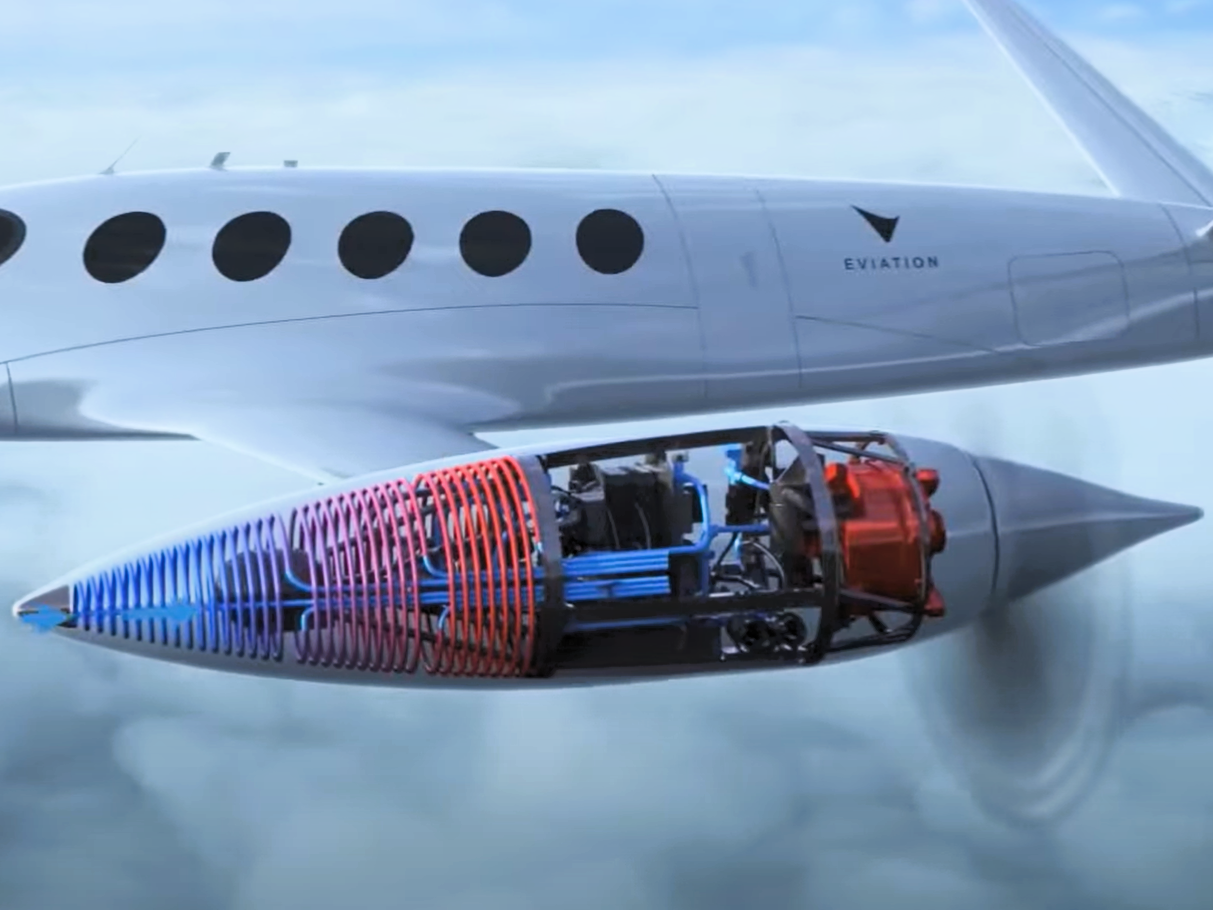Battery breakthroughs are about to trigger a transport revolution
Electric vehicles were once the norm, before petrol took over, writes technology correspondent Anthony Cuthbertson. Now, more than a century later, huge technological leaps forward could soon make batteries the main means of propulsion on air, land and sea

In 1899, a Belgian man sat atop a torpedo-shaped car on the outskirts of Paris and set a new land speed record. La Jamais Contente, as the machine was called, was the first ever road vehicle to top 100km/h, and set the standard for automotive innovation of the era. It was also electric.
The driver, Camille Jenatzy, owned a manufacturing plant that produced electric carriages, which were then hugely popular ways of getting around cities. Fleets of battery-powered taxis hummed around the streets of London and New York in the 1890s and early 1900s, with more than 30,000 electric vehicles registered in the US at a time when the horse and carriage was still the most common form of transportation.
Electric cars lacked the smell, vibration and noise of their fuel-powered counterparts, however the absence of power infrastructure beyond big cities, together with a lack of range, saw them gradually usurped by polluting vehicles.
Subscribe to Independent Premium to bookmark this article
Want to bookmark your favourite articles and stories to read or reference later? Start your Independent Premium subscription today.
Join our commenting forum
Join thought-provoking conversations, follow other Independent readers and see their replies